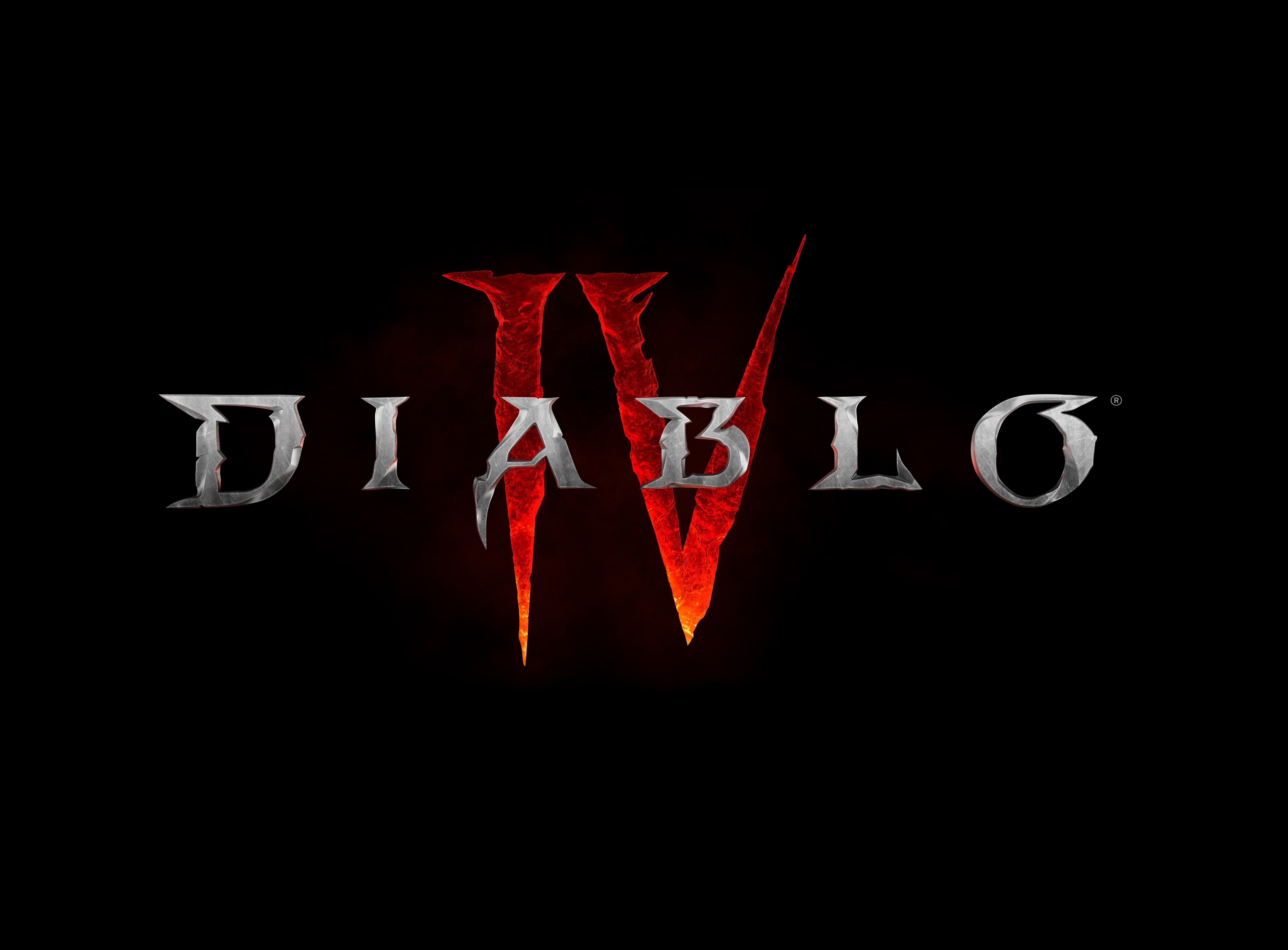

Calm down, gang. Even Jackson agreed with the judgment, if not all of the reasoning. Corrupt Court, sure, but this one they probably got right. I hate Starbucks too, and I wish the NLRB the sharpest teeth in the world, but preliminary injunctive relief should be extraordinary.













I can think of few things that would restore and bolster my faith in government more than watching the arms of the state rapidly, effectively, and effortlessly put down an active, armed rebellion against the democratically elected institutions of the nation.
Anyone who marches on the Capitol to unseat the legitimate government of the United States should be met with lethal force, preferably while on camera being broadcast live.
And that includes anyone who marches on the Capitol to unseat a legitimate Republican government.
Flowing from the rule of law is the peaceful transfer of power, and flowing from that is the presence of loyal opposition.
A government that defends the people’s ability to select it with the means entrusted to it is doing exactly what it should. The bitch my state sends to the Senate is an utter slimeball whom I despise with the very core of my being. But the people of my state in their wisdom sent her to DC, so anybody who charges that building with designs on her life should immediately eat a red, white, and blue bullet. If the government fails to defend that bitch, then it has failed me, and my faith in it will have been tarnished.
That’s my perception of the government in such an event. I certainly don’t speak for everyone.